The president, Gustavo Petro, has an open door to win, or at least take the initiative, in his fight against the elevated subway that former Bogota mayor Enrique Peñalosa hired.
The result will begin to be glimpsed when he meets this Wednesday with the mayoress, Claudia López.
They will discuss the five alternatives presented by the Chinese contractors for the first subway line to bury at least one section, as reported by the newspaper El Tiempo
on Monday morning.
.
Petro has fought since he was mayor for the subway to be underground.
It does not seem easy for him to be able to convince López, who wants to advance as quickly as possible in carrying out the work that the people of Bogotá have been yearning for for almost a century.
This against the background of the local elections in October, when a Petrista candidate, one close to the mayor and others more right-wing, may face each other for the second most powerful elected position in Colombia.
As mayor, between 2012 and 2015, Petro advanced in years of studies and agreed with the then president Juan Manuel Santos the co-financing of an underground metro project that was almost ready.
But he did not manage to bid it.
The mayor who succeeded him, Enrique Peñalosa, changed the type of work and tendered a line with a very similar but elevated route, with the aim of saving costs.
It advanced with the current alternative: 23.9 kilometers, initially level from the Portal de las Américas in the southwest to the center of the city, and then elevated by the eastern edge, the densest area of the city, to 78th Street , with a significant part along Caracas Avenue.
López expressed his preference for an underground metro in the campaign he won in 2019, but when he took office in January 2020, Peñalosa had already put out a tender for the work and there was an agreement signed with the Chinese consortium APCA Transmimetro.
There were few alternatives left if she wanted to meet the goal of having Bogotá inaugurate the long-awaited metro in 2028, when she is no longer the mayor.
“The first line is not a dream, it is not a project, it is a contract that goes to 18%.
The subway goes and goes now ”, she assured a few months ago.
Going back is difficult: the construction of a workshop yard in the southeast and an interchange on 72nd Street are currently advancing. In addition, the Metro Company has bought dozens of properties and demolished buildings at various points along the route.
Computerized recreation of what the elevated metro would look like. BOGOTÁ MAYOR'S OFFICE
A few weeks ago, the president met with the mayoress to refloat his aspiration to make at least part of the first line underground, and if possible take it further north, to 100th street. The mayoress was not closed to the possibility, although he assured that the national government should be in charge of obtaining the additional resources that are needed.
The Chinese consortium advanced with a study on the alternatives and their additional costs and the Administrative Department of the Presidency of the Republic (DAPRE) hired the former State Councilor and lawyer Enrique Gil Botero last week to evaluate the legal feasibility of modifying the concession contract .
The wait for options has come to an end.
According to
El Tiempo
, APCA has suggested five options, which would delay the commissioning of the first line.
The cheapest is around 8.2 trillion pesos (around 1.8 billion dollars) and contemplates an underground section between 1A South and 72 streets, without extending the line to the north.
At the other extreme, the most expensive extends the journey underground to 100th Street and raises the additional budget to 17 billion pesos (about 3.7 billion dollars).
The intermediate options reduce in different parts the underground section of the most ambitious proposal.
An alternative of 12 billion pesos begins the underground part on 45th street and ends on 100th street. Another, for 11 billion pesos, establishes a beginning on Primero de Mayo avenue and an end on 72nd street. Finally, a last The proposal is perhaps the least radical: keep the work as it is and build an additional underground section between Calles 71 and 100 for 10 billion pesos. The latter could allow the section already tendered to begin operating in 2028.
Peñalosa, against the "frivolous whim" of Petro
Former mayor Peñalosa was quick to react to the five proposals that were announced on Monday.
He was furious, as he evidenced in a flurry of messages on Twitter.
"Colombians will judge if it seems right to pay more than 15 billion and delay the project for several years due to Petro's frivolous whim," he declared before remarking that he was the only mayor who managed to sign a contract.
For Peñalosa, the country's poorest citizens would express their anger if they understood the implications of the costs: "They would march to oppose it and get investment in their departments instead."
The former mayor, Enrique Peñalosa, in May 2022. Sebastian Barros (Getty Images)
Former Senator Gustavo Bolívar, one of the possible Petrista candidates for mayor, was one of those who came out in defense of the president.
He called Peñalosa “cynical” and stated on Twitter that Petro seeks to save Avenida Caracas from “the slums, shadows and bad smells” that the elevated subway will presumably cause.
The mayoress, for her part, reiterated that 4,000 workers are advancing with the works and that this year she hopes to put out a tender for the second line, which will link the west of the city with the central neighborhood of Chapinero in an underground route, where it will connect with the first line. .
Other district politicians consulted by this newspaper have been emphatic in criticizing the Peñalosa elevated subway, while maintaining that there is no alternative.
López's rival in the last elections, Carlos Fernández Galán, comments by phone that it is legally "risky" to radically rethink a project when there has already been a tender and a contract.
In addition, he points out that it is "obvious" that the Chinese consortium will offer alternatives if it is the only one that can do so and has no need to compete.
"What worries me the most is that we open a discussion that postpones the project, at an unfeasible cost for Bogotá and the Nation," he remarks.
Everyone does a cost benefit analysis.
Former senator Rodrigo Lara Restrepo criticizes the current project on several fronts: he considers that it is "an urban disaster" for the residents, that it has stations that are too far apart and that it was built at a height just to build shopping centers in the stations.
According to him, an elevated metro only makes sense in cities with low population density and in the peripheries.
However, he argues that there is no going back because the cost is too high.
"With that money, I would build a third line and try to mitigate the urban disaster of the first," he emphasizes over the phone.
Close to Claudia López, the priority is to be able to move forward because the people of Bogotá "want the metro and they want it now," according to Luis Ernesto Gómez, her former secretary of government and possible candidate for mayor, comments by phone.
He worries, above all, the possibility of having to make a new tender for such a large additional amount (Colombian law only allows additions of up to 50% of the original value of a project).
However, Gómez does not look badly at the option of extending the line with an underground section up to 100th Street. “It's a win-win.
You don't have to change the current schedule and allow new resources to go to get more meter,” he points out.
Petro will face several dilemmas at the meeting on Wednesday, after returning from the summit of the Community of Latin American and Caribbean States in Buenos Aires.
For Lara, the president must consider how to avoid "limbo" and evaluate "the political cost" of being seen as responsible for a postponement that could delay the inauguration until 2035. On the other hand, he will have on the table the possibility of recovering part of one of his flagship projects as mayor.
Gómez recognizes as valid the emotional attachment that his political chief will have to face: “He knows that the underground option was the best option, he designed it, and it is reasonable that now that he is president, he asked the consortium to analyze the costs of the alternatives .
But now, that there is an analysis with proposals, a decision must be made”.
Subscribe here
to the EL PAÍS newsletter on Colombia and receive all the latest information on the country.

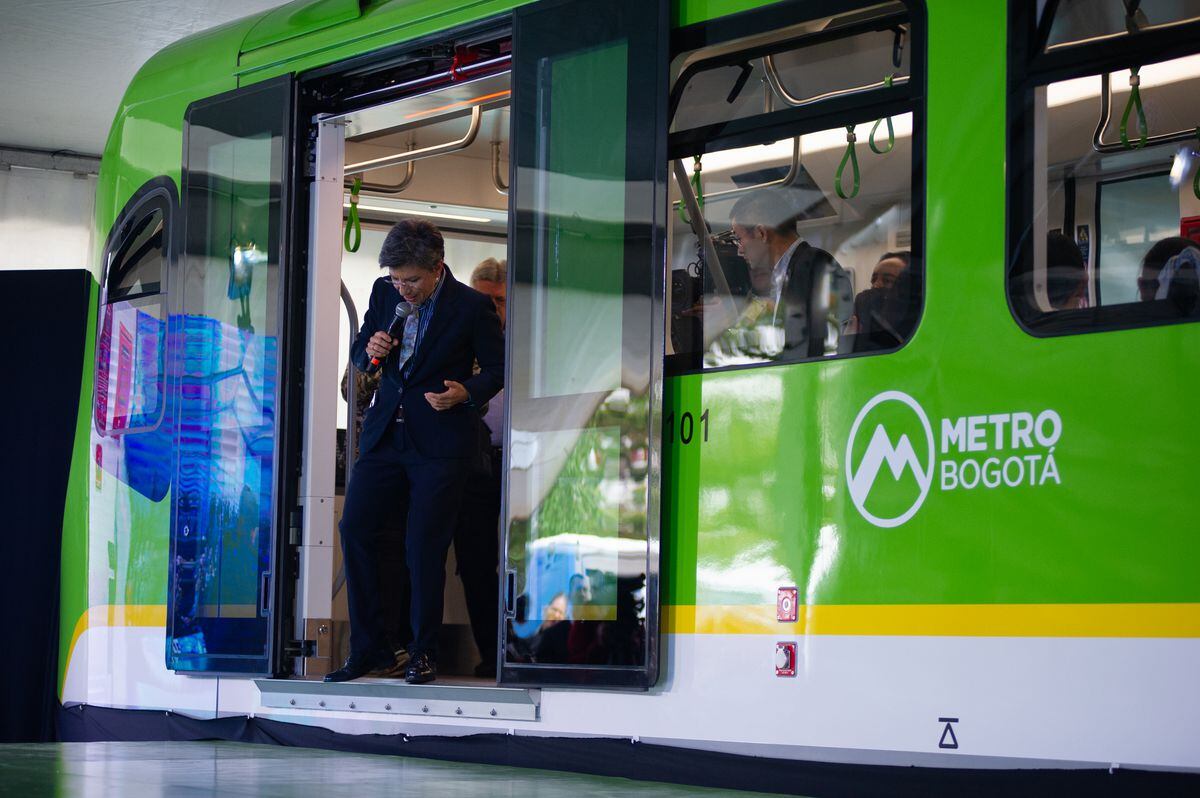

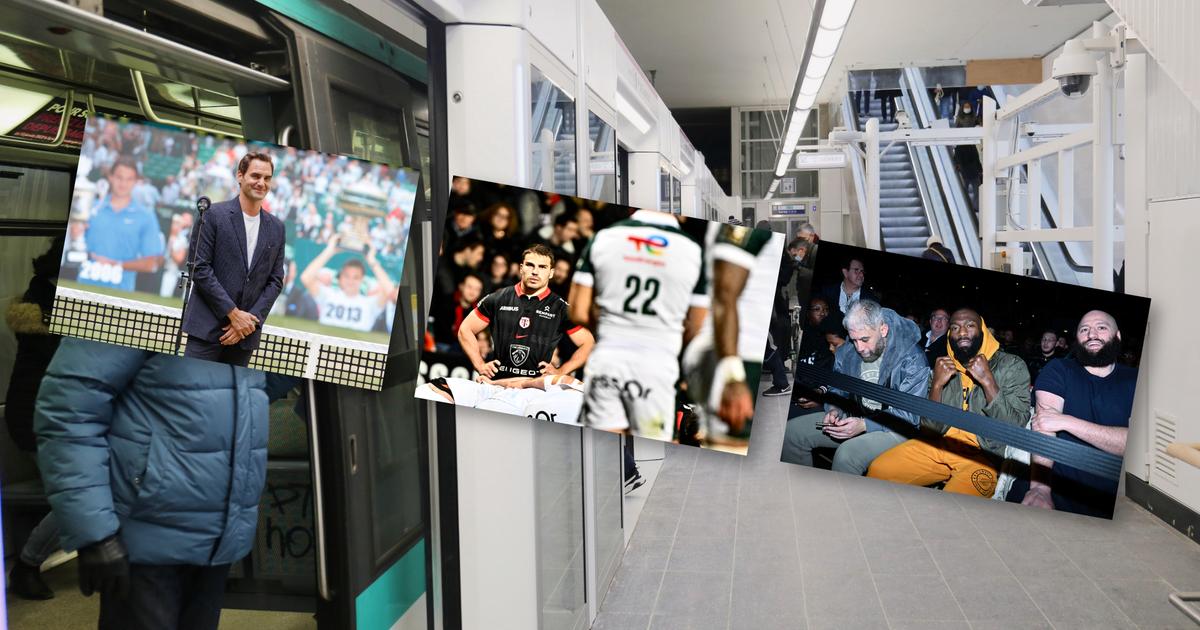
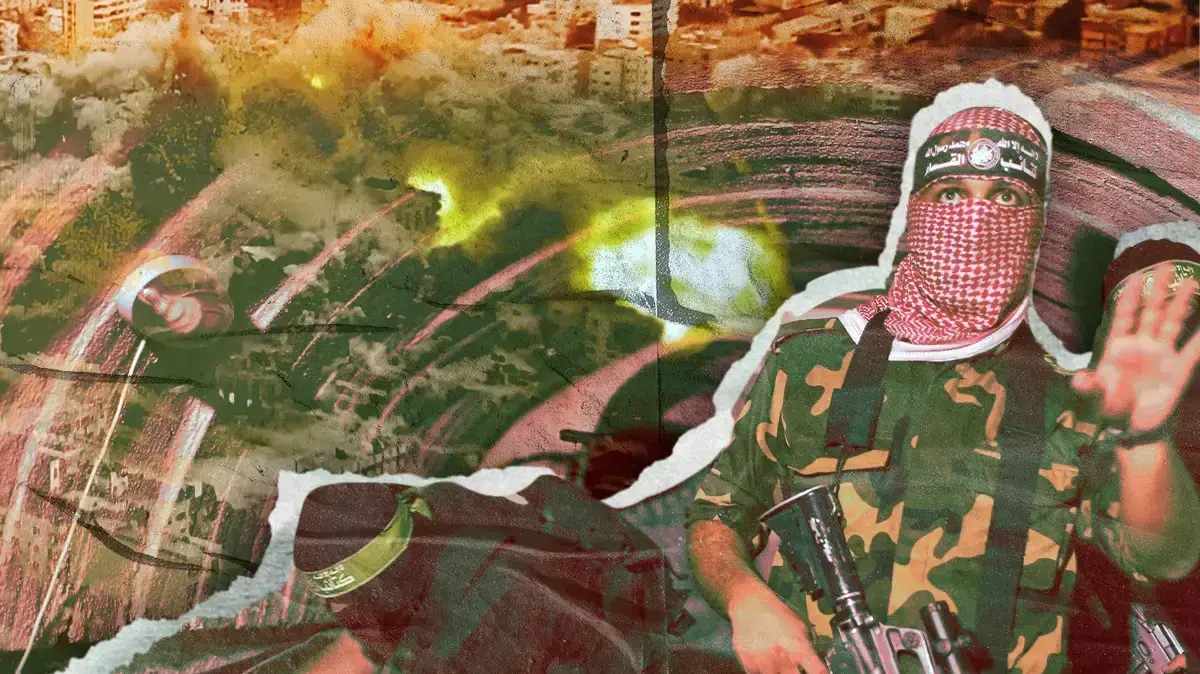
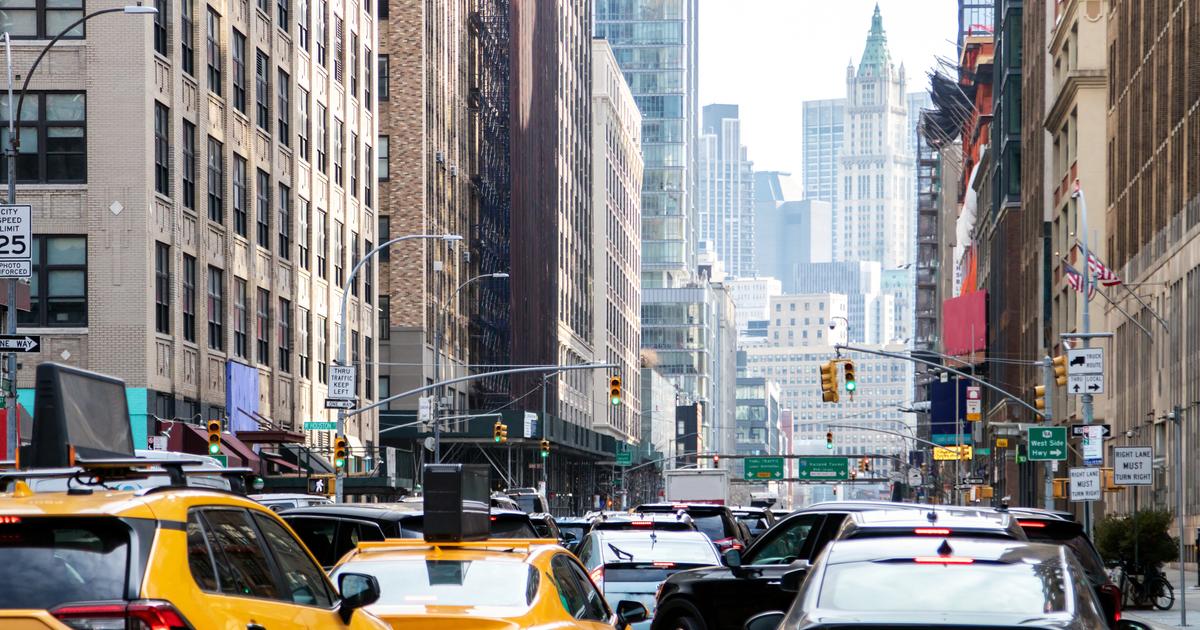
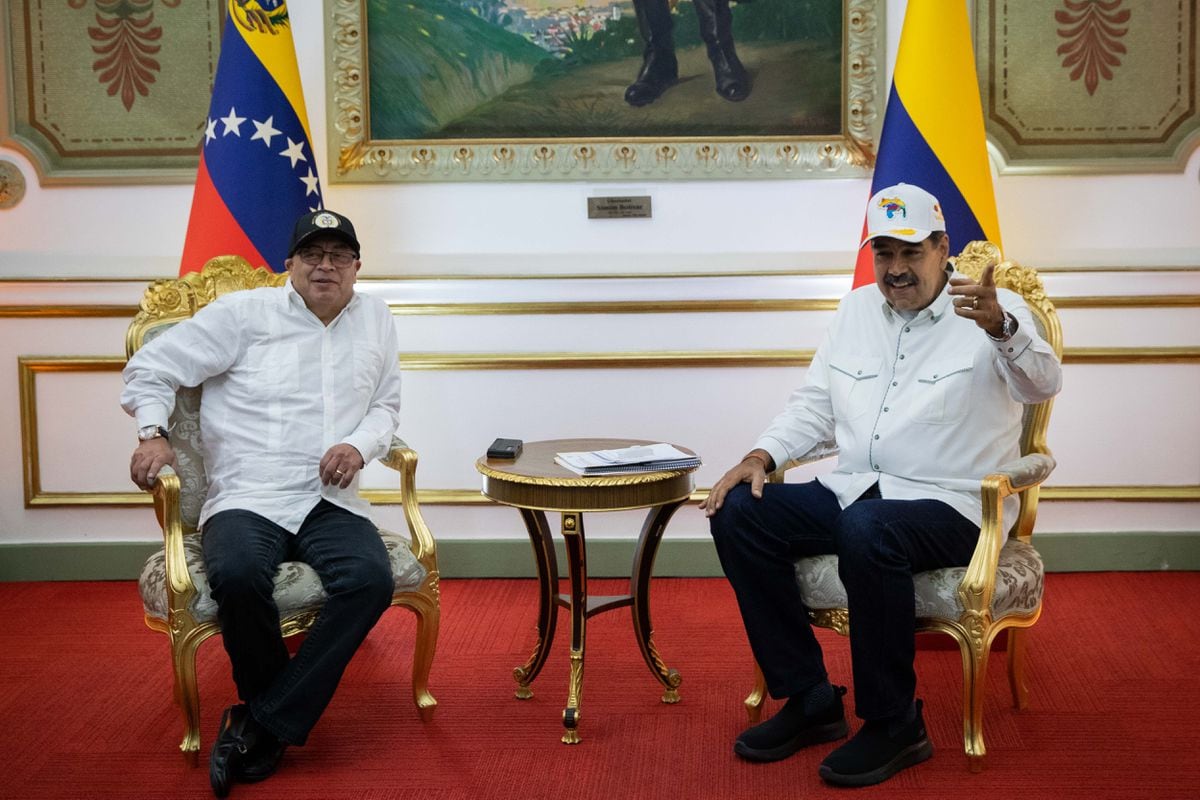
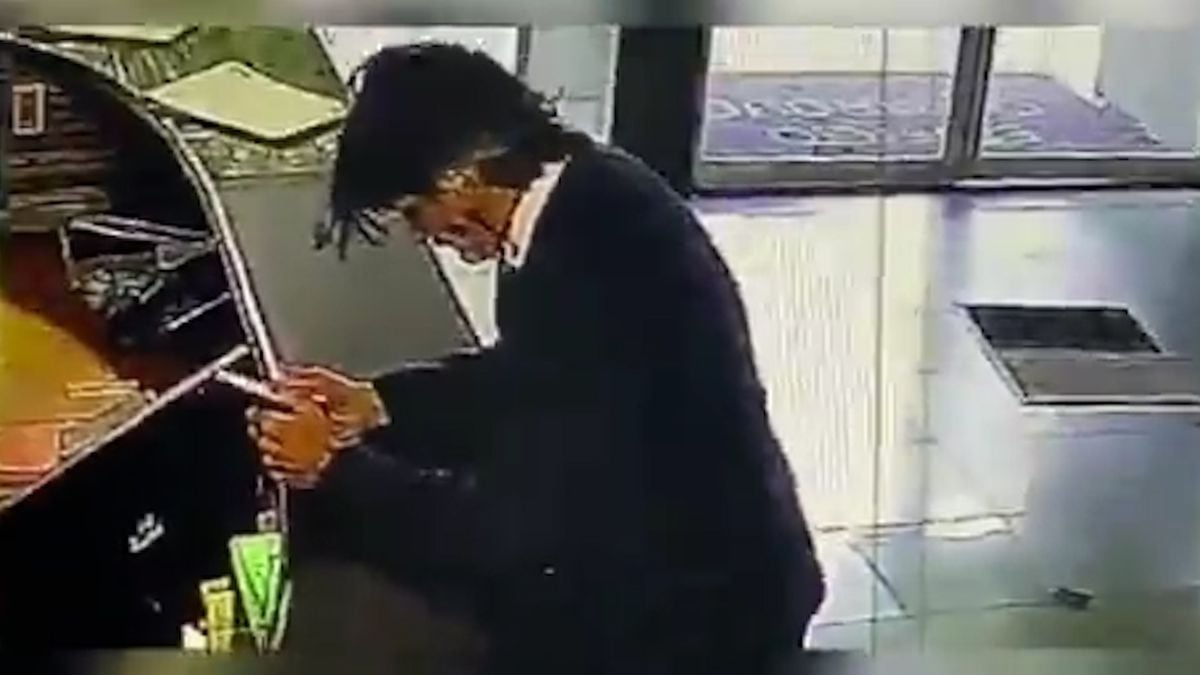

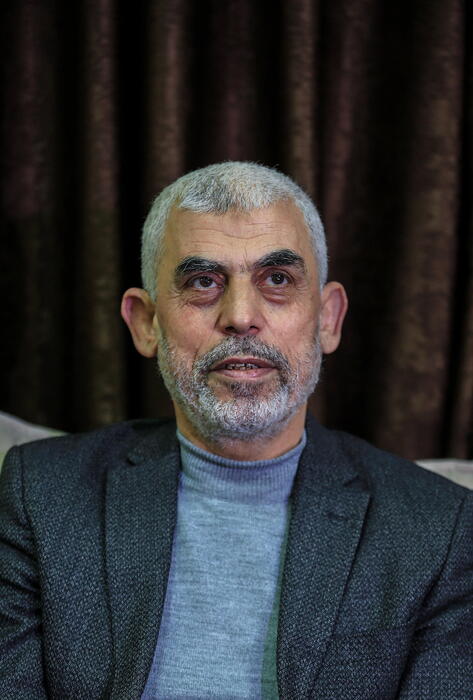

/cloudfront-eu-central-1.images.arcpublishing.com/prisa/KMEYMJKESBAZBE4MRBAM4TGHIQ.jpg)



